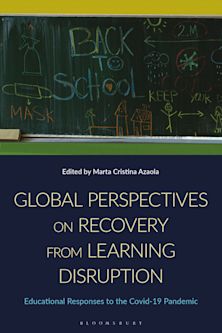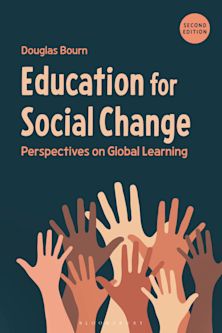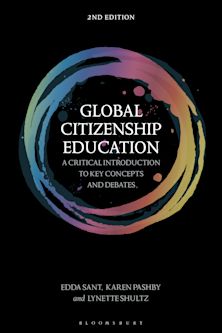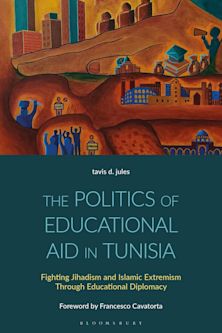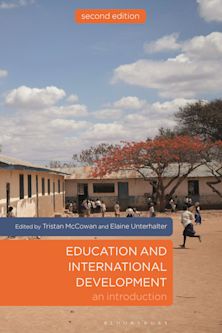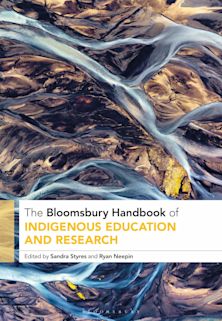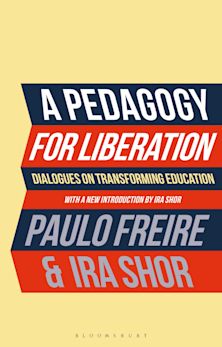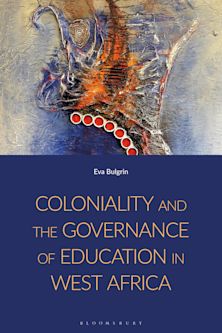- Home
- ACADEMIC
- Education
- Comparative and International Education
- Educating for Durable Solutions
Educating for Durable Solutions
Histories of Schooling in Kenya’s Dadaab and Kakuma Refugee Camps
Educating for Durable Solutions
Histories of Schooling in Kenya’s Dadaab and Kakuma Refugee Camps
You must sign in to add this item to your wishlist. Please sign in or create an account
Description
What is education for an unknowable future? In Educating for Durable Solutions, Christine Monaghan explores how refugees and policymakers have answered this question over time by reconstructing the contemporary history of education in Kenya's Dadaab and Kakuma refugee camps. Through oral histories and archival research, Monaghan shows how, since the founding of both camps in 1991, refugees and policymakers have conceptualized, developed, implemented and changed refugee education programs. She also shows why and how, despite these changes, real challenges persist in refugee education in Dadaab, Kakuma, and other camps throughout the world; these include high numbers of out-of-school children and youth, high student to teacher ratios, unpredictable funding, and persistent questions regarding what refugee education is for.
The author shifts focus from debates over the impacts of specific policies and programs and explores instead how and why different policies and programs were implemented whether they led to meaningful changes in the long-standing challenges of refugee education. She finds that when and where real changes occurred, individuals or small groups of refugees and policymakers acted with tremendous agency and as tireless advocates.
Table of Contents
Prologue
1. For the State, But Not By the State
2. Asking Why and How: A Historical Turn in Refugee Education Research
3. From Emergency Education to Education in Emergencies (1992-2002)
4. Education Guidelines, Standards, Priorities, and Strategies (2003-2012)
5. Critical Junctures
6. Driving Forward with the Rearview Mirror
References
Index
Product details

| Published | 08 Apr 2021 |
|---|---|
| Format | Ebook (PDF) |
| Edition | 1st |
| Extent | 192 |
| ISBN | 9781350133303 |
| Imprint | Bloomsbury Academic |
| Publisher | Bloomsbury Publishing |
About the contributors
Reviews
-
A crucial account for anyone making policy decisions in what is the most fluid and complex arena for education globally. In tracing critical junctures in refugee programming, this fascinating and revealing book outlines possibilities as well as warnings about what and who determines the educational fate of refugees.
Lynn Davies, Emeritus Professor of International Education, University of Birmingham, UK
-
This is an excellent contribution to the field of education in emergencies. Christine Monaghan brilliantly provides a critical analysis of the role of state and international agencies in shaping educational processes in the era of neoliberalism in which education in refugee settings is a state regulated, market-oriented and transnational activity.
Tejendra Pherali, Associate Professor in Education and International Development, University College London, UK
-
Christine Monaghan delves into the important but insufficiently understood issue of refugee education and, in so doing, provides us with a well-written and insightful narrative that sheds light on the global-local tensions that affect the development, implementation, and impact of education policies in these contexts.
D. Brent Edwards Jr., Associate Professor, University of Hawaii, USA
-
This book brings fascinating historical insights into how refugee education is shaped by states, international organizations, and refugees themselves. Drawing on oral histories from over 200 students, teachers, administrators, and program officers, Monaghan illuminates the decisions that have affected generations of refugee children and provides critical lessons for moving forward.
Naomi A. Moland, Professorial Lecturer, American University, USA

ONLINE RESOURCES
Bloomsbury Collections
This book is available on Bloomsbury Collections where your library has access.












